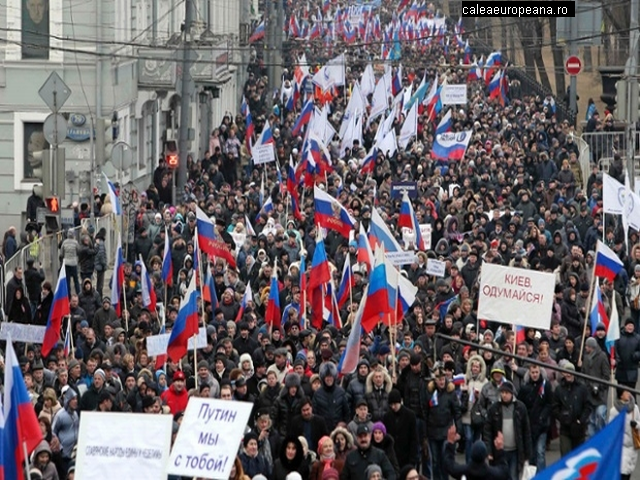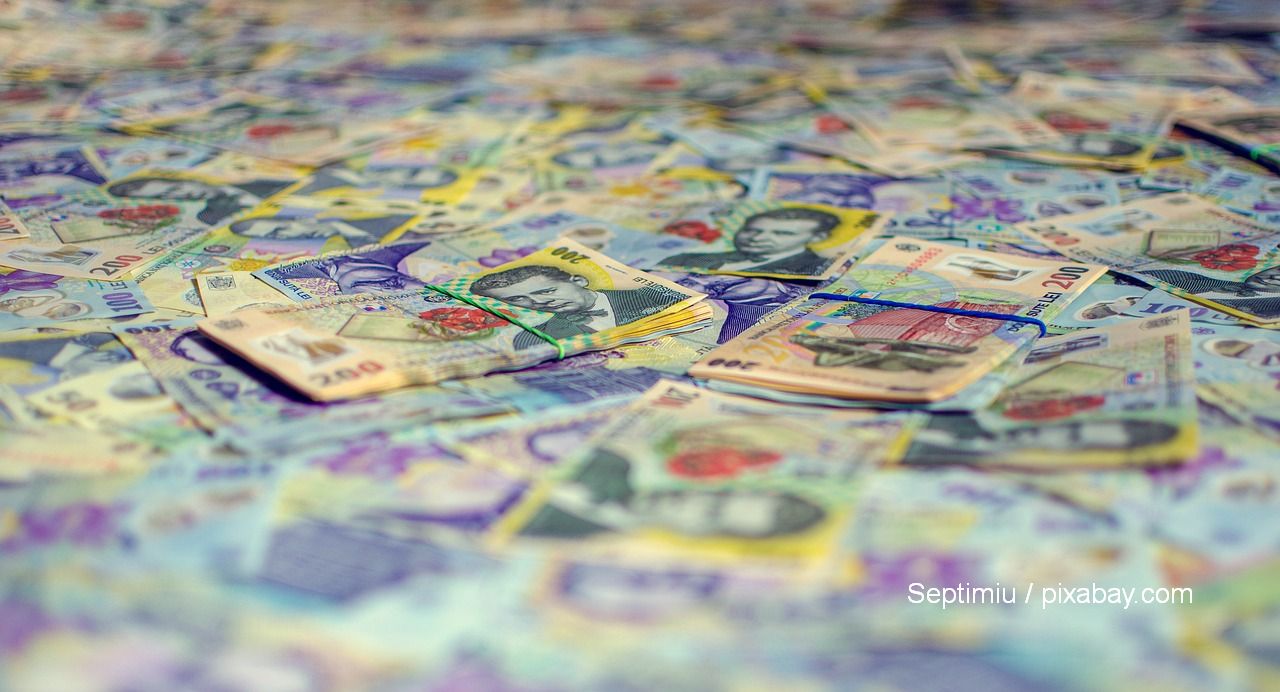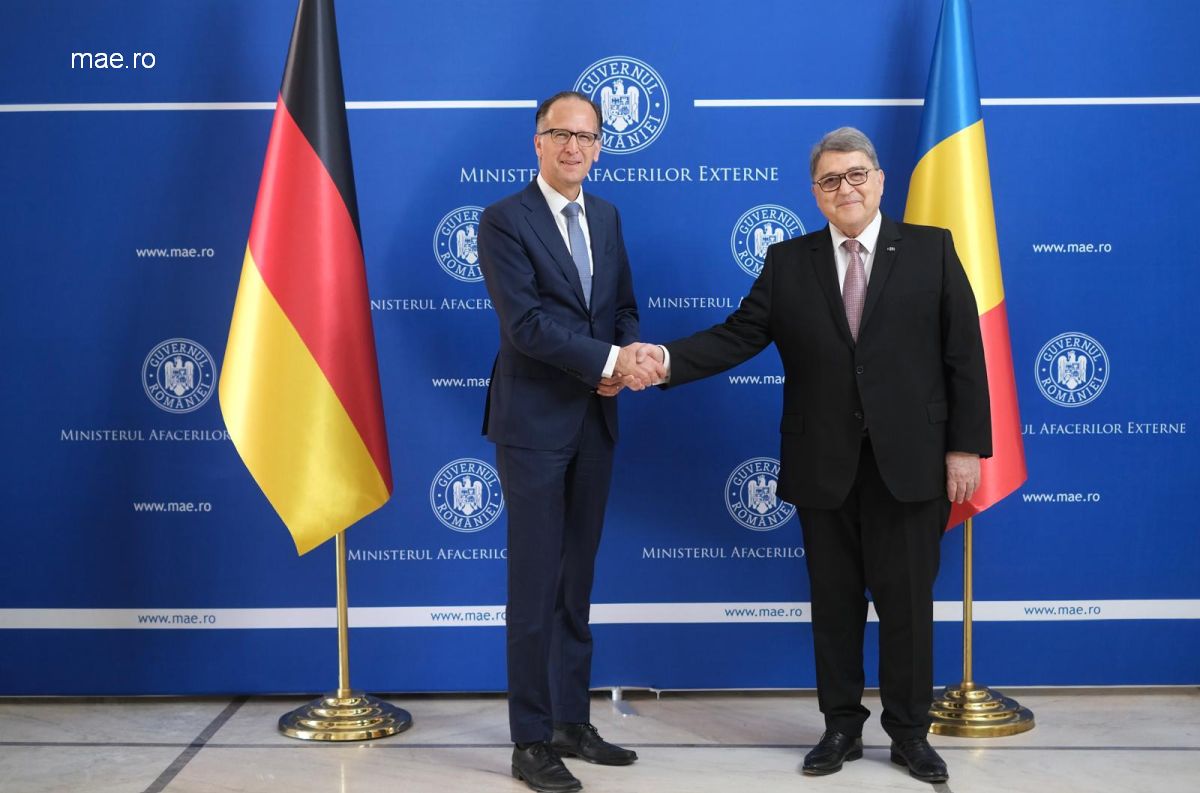Reactions to Russian Annexation of Crimea
In Bucharest, particularly in an election year such as this one, politicians have a common stand on few topics. But one of them is the situation in Ukraine, to which Romanian institutions, parties and political leaders share the same concern and consternation. It is an attitude fueled, on the one hand, by bewilderment at the re-emergence of Stalinist-era practices in the 21st Century, and on the other hand, by Romania’s own past traumas, such as the one caused by the 1940 ultimatum that forced Romania to give up its eastern territories to the USSR.

România Internațional, 19.03.2014, 14:23
In Bucharest, particularly in an election year such as this one, politicians have a common stand on few topics. But one of them is the situation in Ukraine, to which Romanian institutions, parties and political leaders share the same concern and consternation. It is an attitude fueled, on the one hand, by bewilderment at the re-emergence of Stalinist-era practices in the 21st Century, and on the other hand, by Romania’s own past traumas, such as the one caused by the 1940 ultimatum that forced Romania to give up its eastern territories to the USSR.
The annexation by Moscow of the secessionist Russian-speaking Crimea is seen by the Romanian Foreign Ministry as an illegitimate act, which comes against the fundamental principles of international law and violates the independence, sovereignty and territorial integrity of Ukraine. This invalidates decades of dialogue and cooperation aimed at building a united Europe, without fracture lines, the Foreign Ministry says.
Bucharest expresses its “full disagreement” with the Russian Federation’s move, which, it warns, may trigger destabilizing effects throughout the region and entail Moscow’s international political, economic and military isolation. Romania will not recognize the annexation of the Autonomous Republic of Crimea, an integral part of Ukraine. For the President of Romania, Traian Basescu, Russia’s absorbing the south of Ukraine is a proof that Vladimir Putin’s government is trying to reconstruct the former Soviet Union.
The concern is shared by Prime Minister Victor Ponta, who says international institutions must respond firmly, otherwise Russia might carry on its annexation policy. The Liberal Crin Antonescu, now in opposition, says the annexation of part of the Ukrainian territory comes against international law, and the so-called referendum that paved the way for it was illegal. “We are facing major tension between the Russian Federation and the Euro-Atlantic area,” Antonescu added.
In turn, the senior vice-president of the Liberal Democratic Party, Catalin Predoiu, believes Romania must express its firm support for the international law and coordinate its actions with the EU and NATO allies, all of whom have vehemently condemned the “land grab.” In this context, most politicians in Bucharest call for stepping up the procedures for the EU accession of the Republic of Moldova, which lies between Romania and Ukraine, and which is itself threatened by pro-Russian separatism hotbeds in Transdniester, in the east, and Gagauzia, in the south.






























